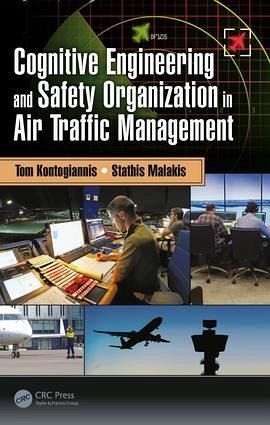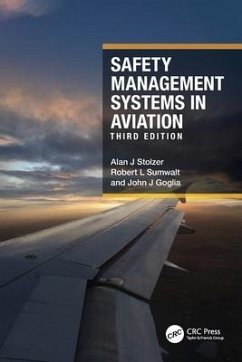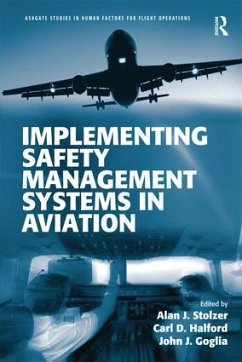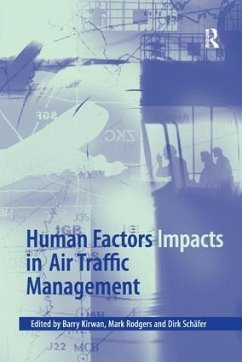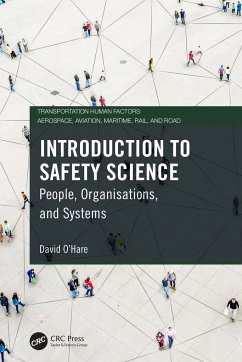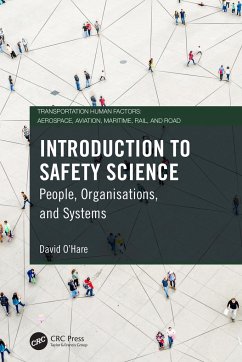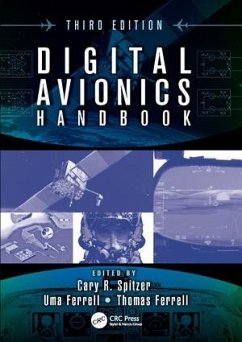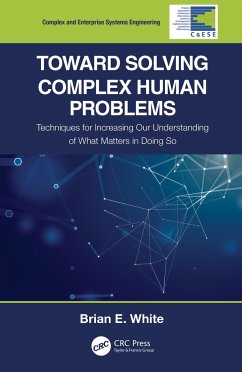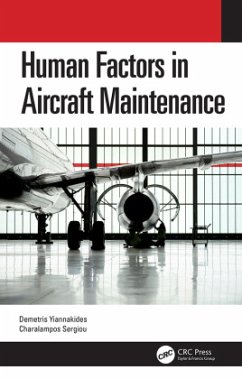"This book is a comprehensive compilation of well-recognised theories and tools that can be used to address the operational safety issues in the complex world of ATM. In contrast to many classical human factors and safety management approaches, this book applies the knowledge and experience from cognitive engineering to analyse the issues and propose solutions without forgetting the importance of the larger organizational context in which controllers must carry out their work."
-Erik Hollnagel, University of Southern Denmark
"Kontogiannis and Malakis have created a comprehensive text that that will serve as a detailed reference for readers experienced in ATM, whilst still being accessible to readers that are less
familiar with the ATM environment. The authors skillfully navigate between broader topics such as systems and organizational models of safety to more focused subjects such as human error in ATM.
Due to the integrated operational ATM perspective, supported by thorough discussion and application of systems-based theory and models, this book provides a unique account of cognitive engineering and safety organization in ATM that is relevant both to researchers and practitioners."
-
Dr. Tamsyn Edwards, Senior research associate, SJSU/NASA Ames research center, California"The book
Cognitive Engineering and Safety Organization in Air Traffic Management by Tom Kontogiannis and Stathis Malakis comprises a well-developed, complete, well documented and carefully structured approach to a fundamental pillar of the aviation industry, in particular the safety of the ATM system. The deep and profound theoretical but mainly the operational knowledge on the field of the ATM safety and the contribution of human and system performance to it, are the dominant assets of the book which can be esteemed a valuable guidance in exploring the "ATM safety organization" field. This book is helpful to all operational ATCOs since they can come to the aid of it, in better understanding and delving deeper into a constitutive issue which they deal with on a daily basis: ATC Safety in terms of human, technical and organizational factors that interact to affect it."
-
Nikolaos Papadopoulos, Hellenic Civil Aviation Authority (HCAA), Greece"In 'Cognitive Engineering and Safety Organization in Air Traffic Management', Professor Tom Kontogiannis & Dr Stathis Malakis provide a comprehensive treatment of the human, technical and organisational factors that interact to affect ATC safety. The authors take a practical view of work in air traffic management in terms of a number of essential cognitive functions such as sense making, decision-making, problem detection and re-planning of errors and human adaptation to changing situations, as well as the larger organizational context within which human work takes place. The authors have deep knowledge of air traffic management and a heritage of safety and cognitive ergonomics, both from inside and outside perspectives. This shines through in the examples and contextual descriptions throughout the book. The book is ideal for practitioners and researchers working in safety, human factors/ergonomics, and related fields, especially but not only in air traffic management and aviation. In fact, the book is more widely applicable in its coverage of theory to many other domains, and can be read cover to cover or selectively depending on one interests. I recommend the book strongly to those who seek to understand human and system performance in air traffic management and other safety critical industries."
-
Steven Shorrock, University of the Sunshine Coast, Australia"In the current times where digitalization is slowly starting to emerge in the field of Air traffic management to use Cognitive engineering will assist to better understand the complexity of Air Traffic Management and the challenges linked to this complexity when transforming it."
-
Marc Baumgartner, International Federation of Air Traffic Controllers' Associations (IFATCA)"This book is certainly valuable for achieving a comprehensive view of the Cognitive Science aspects relevant for ATM and of the methods most commonly applied for problem-solving and assessment of the safety-related topics of the domain."
-
Pietro Carlo Cacciabue, written in
Cognition, Technology & Work, Volume 21, 2019
